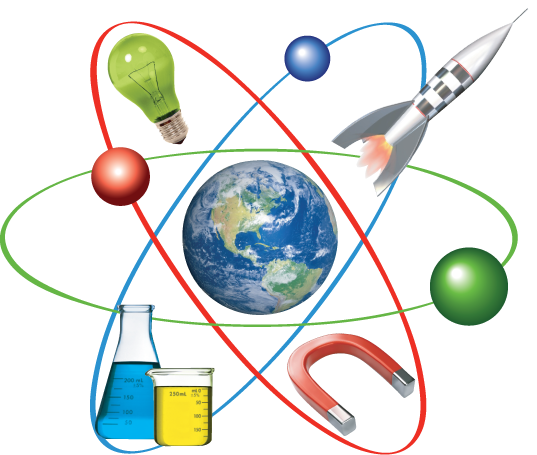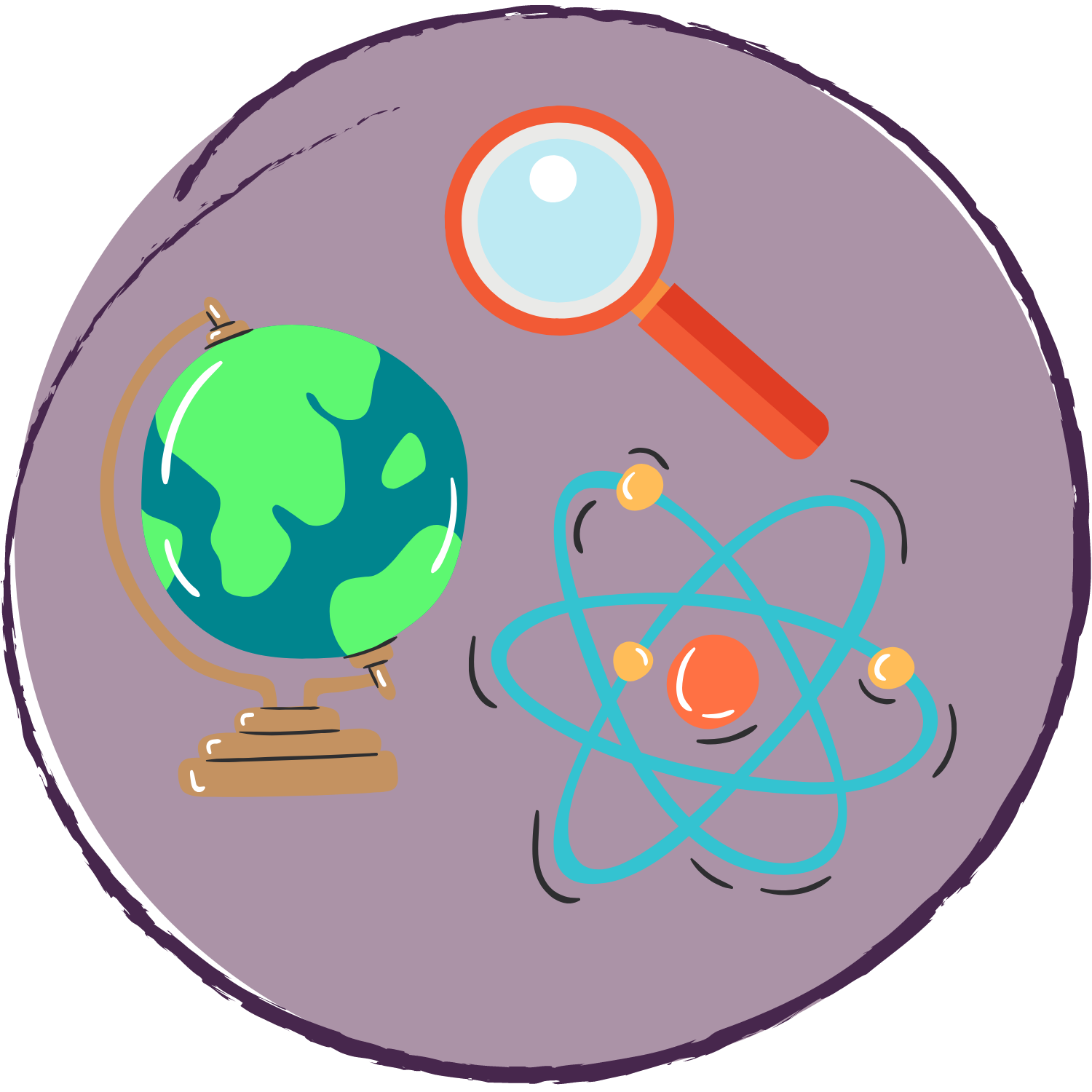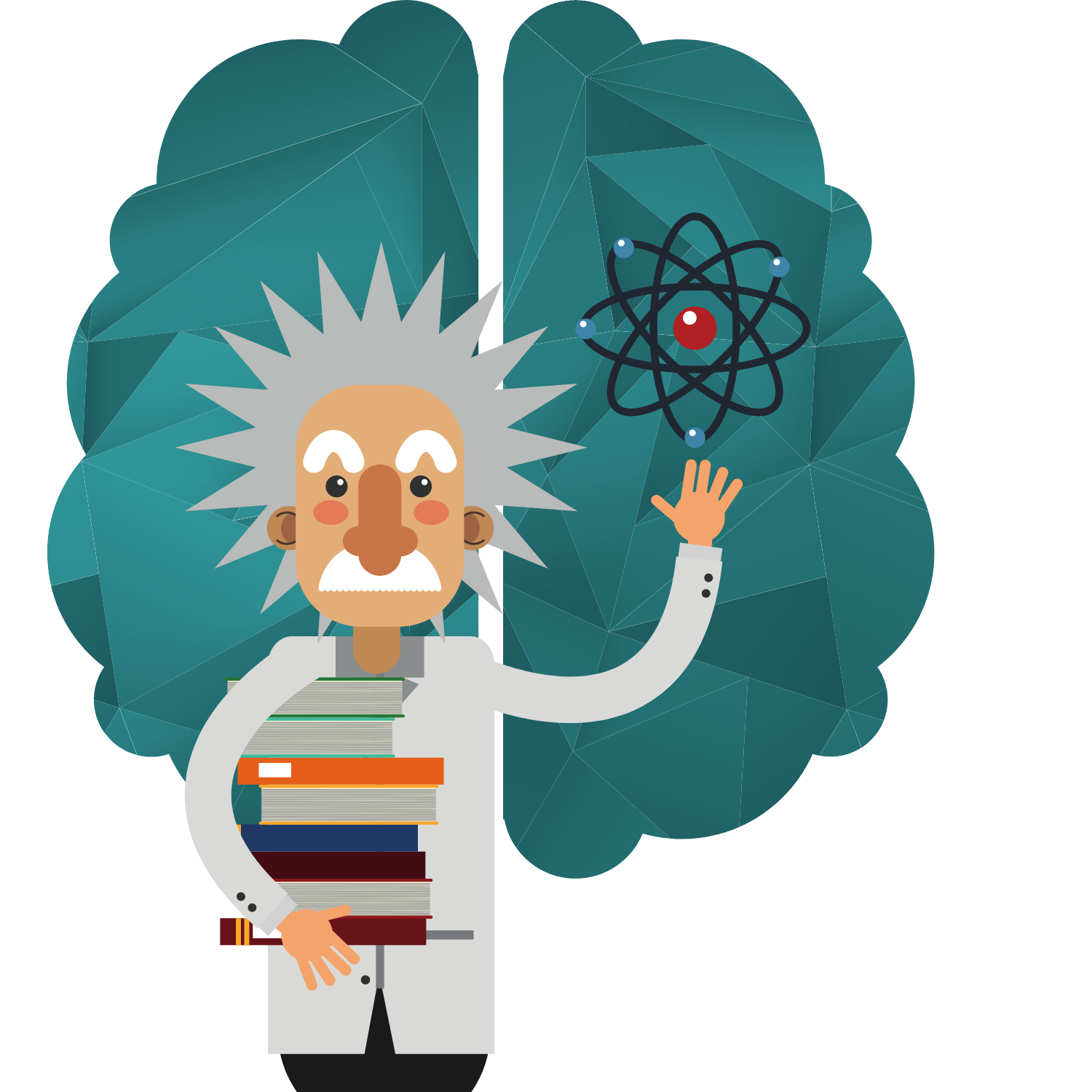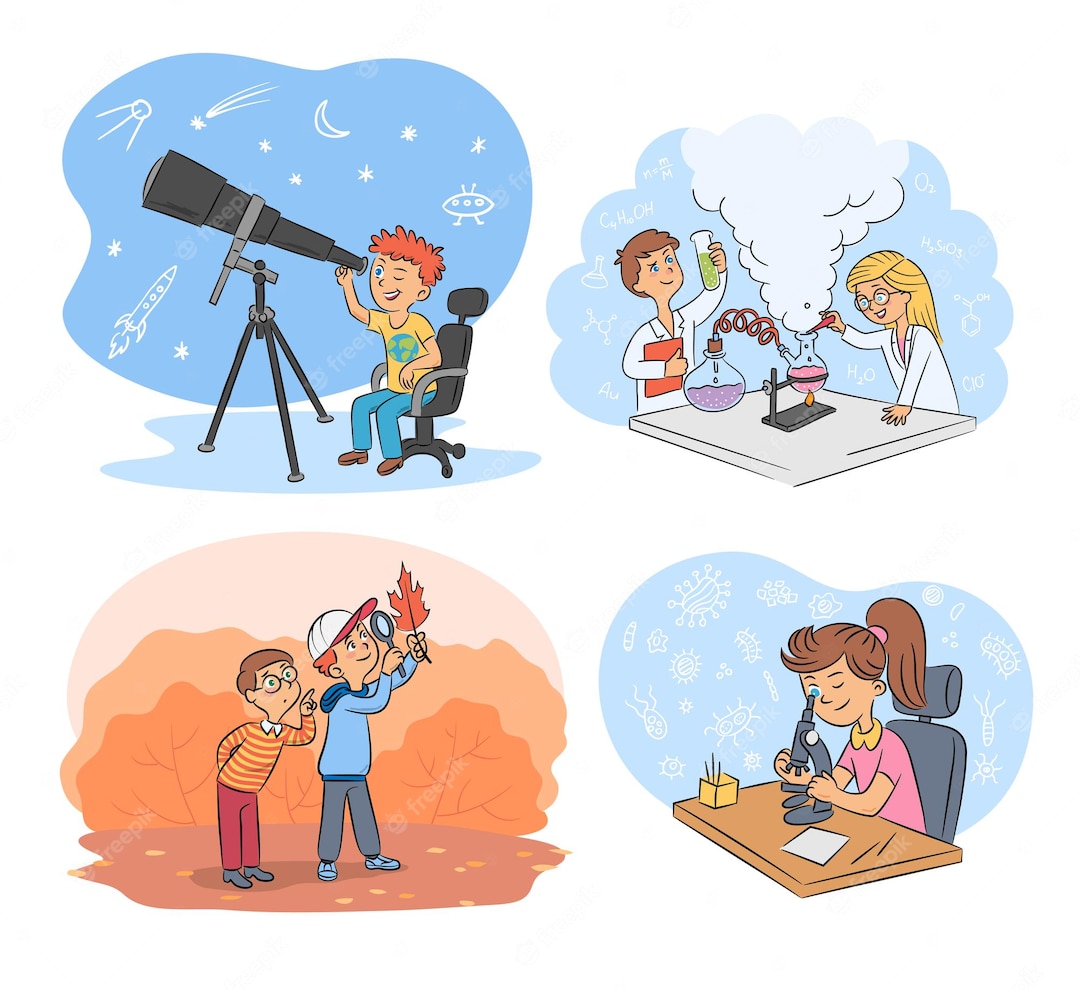Table of Content:
- The Historical Foundations of Space Exploration
- The Space Race and Technological Leaps
- Unveiling the Mysteries of the Universe:
- International Cooperation and Space Stations
- The New Space Era: Commercial Ventures and Beyond
- Searching for Exoplanets and Alien Life
- Challenges and Ethical Considerations
Science and space exploration have long been intertwined in a captivating dance, shaping our understanding of the cosmos and the potential of human ingenuity. From early stargazing to the awe-inspiring achievements of modern space agencies, the journey to explore the unknown has yielded not only groundbreaking discoveries but also profound insights into our place in the universe.

The Historical Foundations of Space Exploration:
The human fascination with the cosmos dates back millennia. Ancient civilizations studied celestial bodies, creating myths and calendars based on astronomical events. Pioneers like Galileo Galilei and Johannes Kepler laid the groundwork for the scientific approach to space exploration, introducing concepts such as heliocentrism and planetary motion.
The Space Race and Technological Leaps:
The mid-20th century marked a turning point with the Space Race between the United States and the Soviet Union. Sputnik 1, Earth's first artificial satellite, heralded a new era in space exploration. The Apollo program led to the historic moon landing in 1969, showcasing humanity's capability to achieve seemingly impossible feats. These achievements spurred technological advancements, including the development of satellite communication and remote sensing.

Unveiling the Mysteries of the Universe:
Space exploration has provided unprecedented insights into the cosmos. Telescopes like the Hubble Space Telescope have captured breathtaking images of distant galaxies, expanding our understanding of the universe's vastness and age. Robotic missions, such as the Mars rovers, have unearthed clues about the potential for life beyond Earth and the planet's geology.
International Cooperation and Space Stations:
The International Space Station (ISS) stands as a symbol of international collaboration. Launched in 1998, the ISS serves as a research laboratory where astronauts from different countries conduct experiments in various fields, from biology to physics. This cooperation fosters a shared understanding of the challenges and opportunities of long-duration space travel.

The New Space Era: Commercial Ventures and Beyond:
The 21st century has witnessed the rise of commercial space ventures. Companies like SpaceX, Blue Origin, and Virgin Galactic are pushing the boundaries of space travel, aiming for reusable rockets, lunar missions, and even space tourism. These endeavors open up new possibilities for sustainable space exploration and resource utilization.
Searching for Exoplanets and Alien Life:
Advances in technology have enabled scientists to detect exoplanets—planets orbiting distant stars—offering tantalizing prospects for discovering habitable worlds and potential extraterrestrial life. The Kepler Space Telescope identified thousands of exoplanet candidates, igniting a quest to uncover the conditions necessary for life beyond Earth.
Challenges and Ethical Considerations:
Despite the progress, space exploration presents challenges. Long-duration space travel poses health risks to astronauts, including radiation exposure and muscle atrophy. Additionally, concerns about space debris and the ethical implications of altering celestial bodies raise important questions about humanity's responsibility as spacefarers.

Science and space exploration continue to captivate our imagination and inspire new generations of scientists, engineers, and dreamers. As humanity looks to the future, the interplay between science and space exploration will undoubtedly yield profound discoveries that reshape our understanding of the universe and our place within it. The journey is ongoing, and each step forward brings us closer to unraveling the mysteries of the cosmos.


You must be logged in to post a comment.